Throughout the school year, CKC Good Food generally serves "varietal apples" on Fridays. The varietal is never red delicious, but frequently, the juicy Minnieska variety, better known by its brand name, SweeTango. For the Great Apple Crunch on Thursday, October 10, we will be supplying the much-loved Honeycrisp apple! Let's get to know these apples, both of which were "born and bred" in Minnesota.
Honeycrisp
Honeycrisp apples are wildly popular for their well-balanced, sweet-tart taste and crisp, juicy texture. It is among the most successful varietals developed by the University of Minnesota Apple Breeding Program. It was so popular when it was introduced that it was named Minnesota’s State Fruit in 2006. It’s credited with helping to revive a declining apple-growing industry and brought much-needed revenue to small and medium-sized, family-run orchards.
Honeycrisps are ripe for harvesting from September 15 to October 5 in east central Minnesota, and can be kept for up to seven months under refrigeration. Honeycrisps served by CKC Good Food client partners on October 10 will come from Wescott Orchards in Elgin, Minnesota. For more than 40 years, Wescott Orchards has packed and shipped the finest regional apple varieties.
SweeTango
This crunchy, part sweet, part tart apple was created by the University of Minnesota by crossing two of its other popular apple varietals, the Honeycrisp and the Zestar. It was first sold to consumers on a limited basis in 2009 before rolling out nationally. The University has a patent on the apple through 2026 and any orchard that wants to grow the trees must be licensed, ensuring the quality and integrity of the apples produced. SweeTango trees are not available to consumers.
Because the SweeTango was developed in Minnesota, we have the optimal growing climate for the trees. There are many orchards in Minnesota licensed to grow SweeTangos, including Wescott Orchards.
Download our SweeTango fact sheet as a PDF
Nutritional Powerhouses
Nutritionally, apples have tremendous health benefits. Packed with antioxidants, vitamin C, potassium, water and about 5 grams of fiber per apple, it's no wonder it's often said, "an apple a day keeps the doctor away!"
One medium-sized apple with the skin provides about:
- 95 calories
- 156 grams of water
- 0.43 grams of protein
- 25.1 grams of carbs (18.9 grams of sugar, 4.37 grams of fiber)
- 0.3 grams of fat
- 190 mg of potassium
Because of the water and fiber content, apples are low on the glycemic index. Some studies indicate apples may help protect against diabetes, heart disease and cancer.
Join us in celebrating Farm-to-School Month in October by participating in the Great Apple Crunch on Thursday, October 10. Register and plan your Crunch today!
Photo courtesy of SweeTango. SweeTango is a registered trademark of the University of Minnesota Board of Regents.


